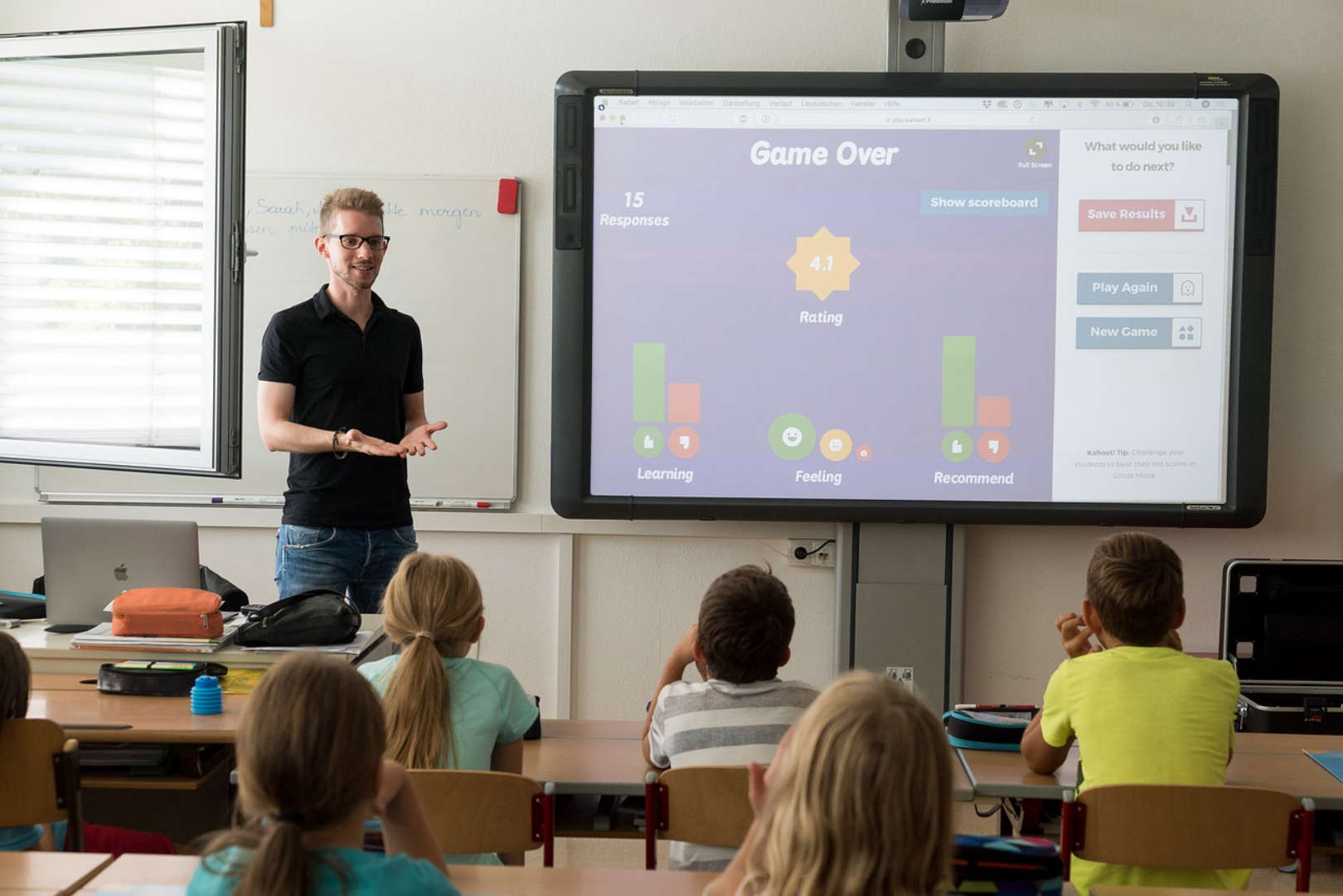Sobre
Paulo Martins é Professor Associado do Departamento de Engenharias da Universidade de Trás-os-Montes e Alto Douro (UTAD) e Investigador Sénior do Instituto de Engenharia de Sistemas e Computadores, Tecnologia e Ciência (INESC TEC), em Portugal. Doutorou-se pela UTAD, em 2005, e participou em mais de 20 projetos financiados Europeus ou Nacionais. Os seus principais interesses de investigação são Technology-Enhanced Learning, Serious Games, Accessibility e Data Science Technologies, e tem diversas publicações científicas nestas áreas, em revistas, conferências e livros. Tem larga experiência na coordenação de alunos de mestrado e doutoramento nas áreas de Informática, desde 2006. E tem também larga experiência em Gestão Académica nas Direções de Licenciatura, Mestrado e Doutoramento, tendo sido, de 2017 até 2021, Diretor do Departamento de Engenharias da UTAD.




